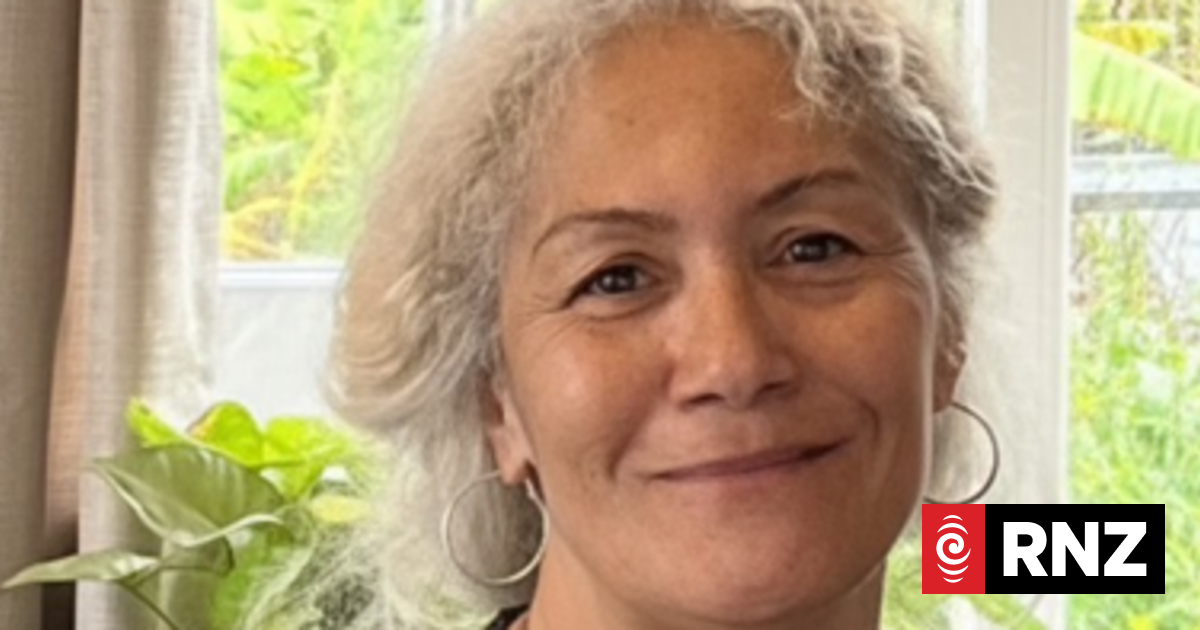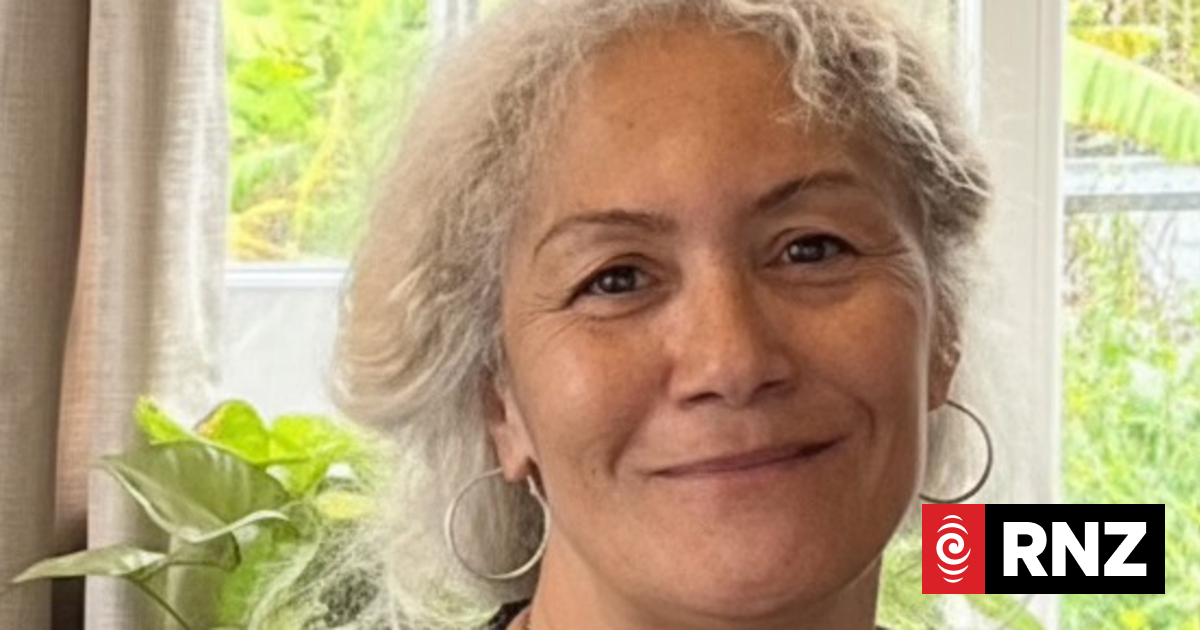Former Whangārei police officer Maurice Gabolinscy, 92, has opened up about the trauma of the 1963 Brynderwyn bus crash. Photo / Michael Cunningham
A former police officer living with the horrors of New Zealand’s deadliest road crash 60 years on is appalled traumatised police are still left to fend for themselves.
Every year on February 7, Maurice Gabolinscy has flashbacks to 1963 when the brakes on a bus carrying 36 passengers, who had been to see the Queen at Waitangi, failed on the drive back to Auckland. The bus plummeted 30.48 metres on the Brynderwyn Hills, killing 15 people and injuring 21.
The 92-year-old retired Whangārei police officer was compelled to speak publicly for the first time after reading Monday’s Northern Advocate which detailed how former police with PTSD (post-traumatic stress disorder) have to battle the organisation for lifesaving support.
“Nothing seems to have changed,” Gabolinscy said.
Advertisement
The “worst experience” of his life began all those years ago when he popped into the police station on his day off to finish a report.
By that stage, Gabolinscy was 12 years into his policing career and had seen some horrific sights – but nothing compared to what was about to unfold.
/cloudfront-ap-southeast-2.images.arcpublishing.com/nzme/5QNIXX4LJRA65PFY4R5JJYO4KY.JPG)
“I have always regretted being at the station that day.”
As Gabolinscy worked on his report, his boss came out of his office and instructed him to head to the hospital as there had been an accident.
Advertisement
There, ambulances were unloading the dead.
“I didn’t know their names,” Gabolinscy said. “I just had to strip and number them.”
He made sure to treat each person with “great respect”.
As Gabolinscy moved through his task, a nurse next to him scrawled a meticulous record of every item removed.
“Even now I think of the bodies. Having to strip each woman, label the clothing that came off with number one or number two,” Gabolinscy stopped mid-sentence.
“I was expected to work the next day as if nothing had happened but it was the most unpleasant situation I’ve ever found myself in.”
/cloudfront-ap-southeast-2.images.arcpublishing.com/nzme/ONE7YNBA75H4HHJYSYLTQ5OMV4.jpg)
Gabolinscy’s bosses neglected to ask if he was okay or to offer any support of any kind.
“The attitude was you’re an experienced policeman, you should be used to this.
“But this was something you never get used to,” he said.
“My biggest and only support was my wife.”
Advertisement
Jacqueline was a sympathetic woman, who at her husband’s lowest point, when he felt like taking his own life, sat him down for a lifesaving “heart-to-heart”.
“I don’t know how I would’ve coped without her … but now I’ve lost her and I’m on my own,” Gabolinscy said.
“I get these flashbacks at times and get quite upset at Waitangi or the day after and I just don’t know where to turn.”
Gabolinscy felt extreme sympathy for police officers nowadays traumatised on the frontline and still without adequate support.
His message to police top brass was simple.
“Just because you’re a policeman doesn’t make you any less of a human being.
Advertisement
“You still have feelings and those feelings should be taken into account when you have to go to a disaster or another upsetting event.”
New Zealand Police previously pushed back on the claims, saying they are doing their part to help current and past officers diagnosed with a work-related mental health injury.
SUICIDE AND DEPRESSION
Where to get help:
• Lifeline: 0800 543 354 (available 24/7)
• Suicide Crisis Helpline: 0508 828 865 (0508 TAUTOKO (available 24/7)
• Youth services: (06) 3555 906
• Youthline: 0800 376 633
• What’s Up: 0800 942 8787 (11am to11pm)
• Depression helpline: 0800 111 757 (available 24/7)
• Rainbow Youth: (09) 376 4155
• Helpline: 1737
If it is an emergency and you feel like you or someone else is at risk, call 111.



